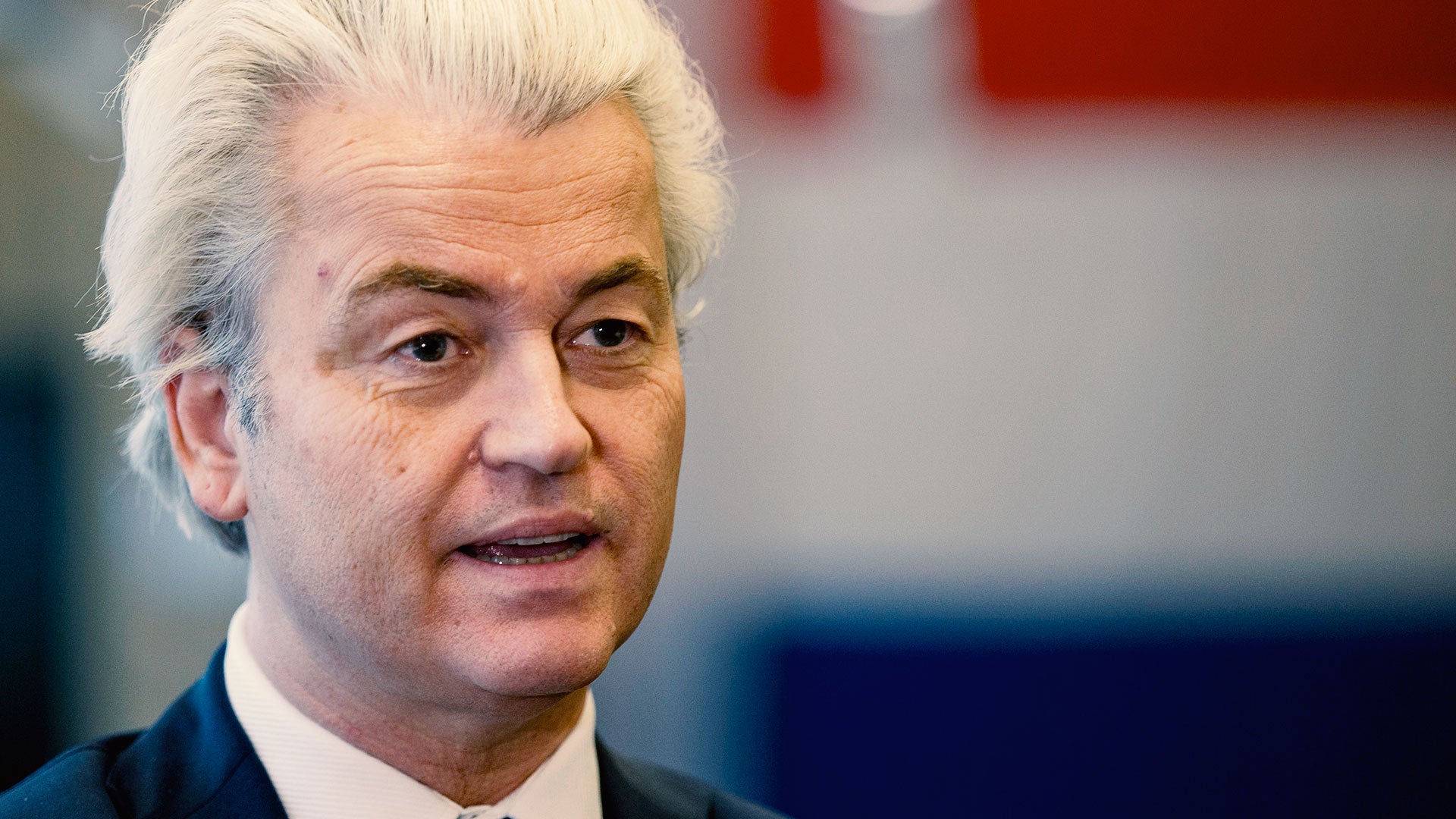There are a lot of unhappy people in Europe who could take out their unhappiness on the bureaucrats in Brussels this weekend.
In voting that began Thursday and concludes Sunday, voters in the 27 EU nations will elect a total of 720 members of the European Parliament, or MEP’s.
The news website Politico has labeled this “Europe’s Trump Moment.”
One Dutch voter said, “People are fed up with the system at the moment, so things must be changed.”
European Union elites are nervous, and for good reason.
Belgian European Parliament member Guy Verhofstadt said, “I think it will be an existential fight, an existential fight against those who want less Europe. They (the Right) are a recipe for a weak Europe. And a weak Europe will be destroyed.”
The European Parliament election is seen as a referendum on both the EU and national governments. And the growing discontent in the European Union has more and more citizens voting for change.
Right-wing parties are already in power or supporting governments in 7 out of the EU’s 27 nations. But they have also become a political force in almost every European nation.
Anti-immigration firebrand Geert Wilders is also about to take over the Dutch government, and in France, Marine Le Pen’s National Rally Party is poised to take the most votes among all French parties in this election.
A big reason behind the surge of the right is that Europeans have become poorer. One study by the European Centre for International Political Economy found that the average EU country is now poorer per capita than every U.S. state except Idaho and Mississippi.
Critics blame over-regulation, high taxes, falling wages and higher energy costs, much of that due to the EU’s “Green Deal” and net-zero policies on climate change. While Brussels worries about the “end of the world,” many Europeans are just trying to make it to the end of the month with their paychecks.
A European Union “Eurobarometer” poll in April found that the number one concern going into this election was “poverty.”
In Germany, Holger Thuss, president of the European Institute for Climate and Energy, told us the move to the right for some Germans has been, “Pure desperation. Everything has become so expensive. People want change. And they want to feel it, they want to see it in their wallet.”
The Right in Europe is regularly called “Hard Right,” “Radical Right,” and even “Nazi” and “Fascist.” In most cases, though, their policy positions look more center-right, like America’s Republican Party. They want to curb the Green Deal and regulations that are making Europe poorer, and have stronger borders to stop what they see as a migrant invasion.
Many European countries have an acute housing shortage at a time when migrants are being given a place to live.
Dutch resident Henk Tapper said, “There are houses for the foreigners and Dutch people can hardly get a house.”
“We do have a housing crisis in the Netherlands,” says Dutch journalist Chris Aalberts. “It was already difficult to find a house in Amsterdam that was affordable. But now if you would go to cities that probably no one in America have ever heard of, even there, it’s impossible to find a house that is affordable.”
***Please sign up for CBN Newsletters and download the CBN News app to ensure you keep receiving the latest news from a distinctly Christian perspective.***
Frank Furedi, the executive director of the think tank MCC Brussels, is considered by many to be a major intellectual force behind the European right. He’s hopeful that this election will blunt what he considers harmful policies by Brussels.
He said they are, “Policies that have to do with encouraging mass migration, with the green agenda, the net zero policy, which is very harmful to people’s lives and to the economy, and possibly even the promotion of gender politics. Gender ideology might also be contained. So, on balance, I think the prognosis is positive, but it’s not going to be such a radical transformation as many people hope. You have to remember that the European Union is a very anti-democratic institution. And it is a massive bureaucracy. So my fear is, is that this massive bureaucracy is still going to be there the day after the election,” Furedi said.
Some believe even if the Right doesn’t do as well as expected, it will still do well enough to force some major policy changes.


